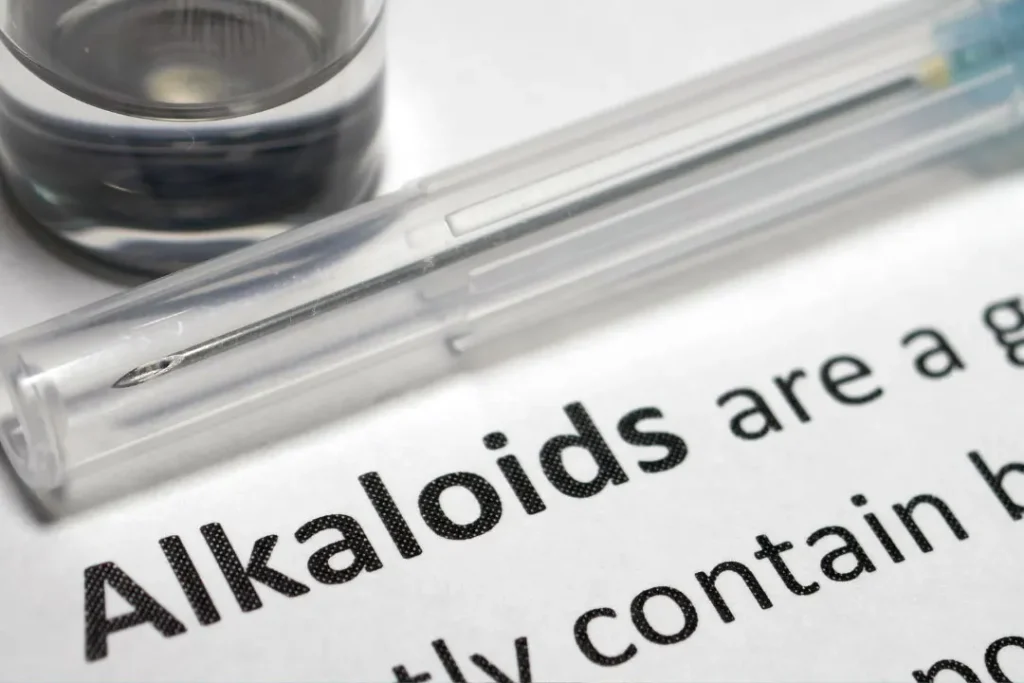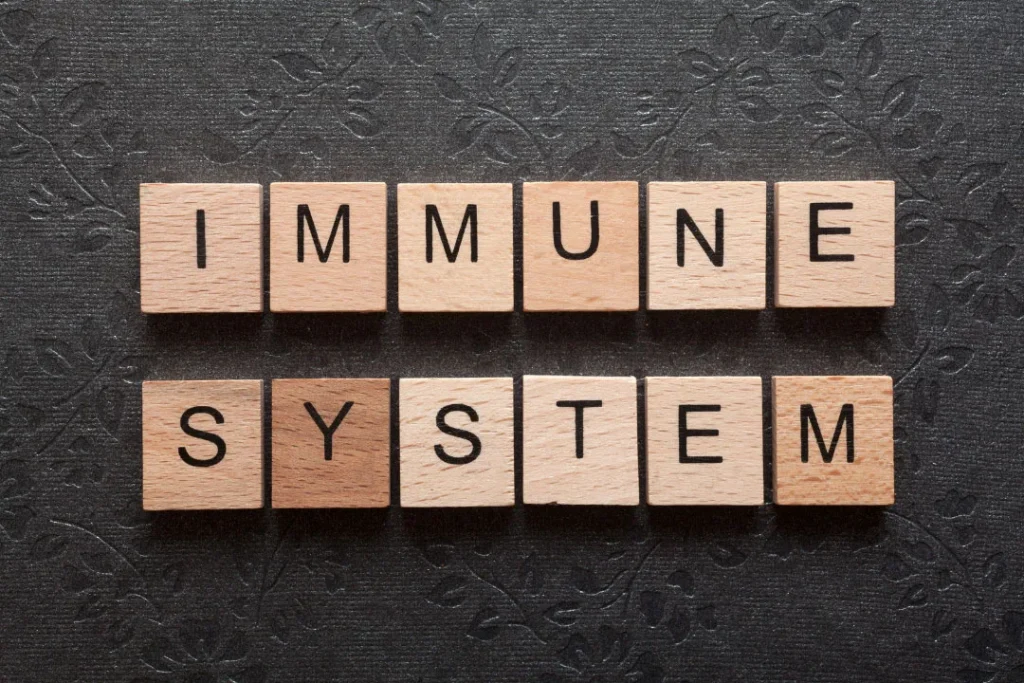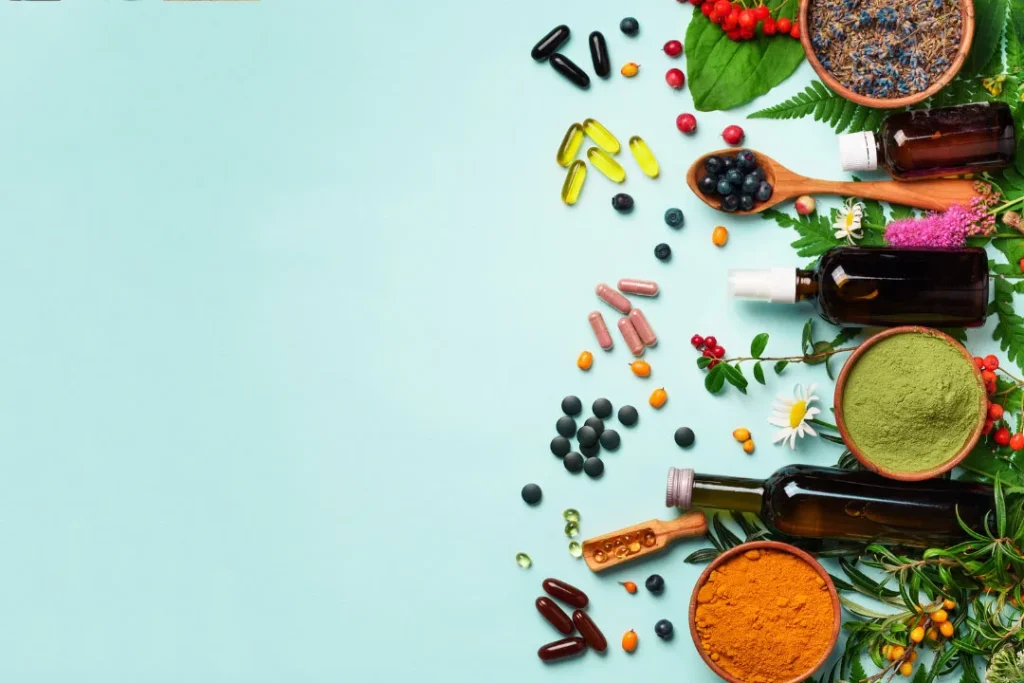Convolvulaceae is a family of parasitic plants that includes the Dodder plant (Cuscuta). This genus has between 100 and 170 species that are distinguished by their distinctive growth patterns and dietary characteristics. Dodder has a long history of usage in conventional medical systems, particularly in Ayurveda and Traditional Chinese Medicine (TCM). It is a good medicinal herb. This essay will examine the nature of dodder, its health advantages, the best dose, any interactions or adverse effects, and the biochemical characteristics that underlie its influence on human health.
You May Also Like:
Cup Plant: Benefits, Dosage, Side Effects, Drug Interactions, and Other Important Information
Dodder: Benefits, Dosage, Side Effects, Drug Interactions, and Other Important Information is an original (NootropicsPlanet) article.
Nature of Dodder
Dodder is a yellow or orange vine that sometimes goes by the name “strangleweed,” and it depends on its host plant for existence. Dodder’s therapeutic benefits are mostly a result of its biochemical abundance in a number of substances, including flavonoids, alkaloids, phenolic acids, coumarins, and lignans.
Health Benefits of Dodder
According to scientific studies, Dodder has a variety of bioactive components that support a range of health advantages.
- Antioxidant Activity: Dodder’s flavonoids and phenolic acids act as powerful antioxidants, scavenging dangerous free radicals in the body and perhaps halting or postponing cellular damage.
- Anti-Inflammatory Action: Dodder alkaloids can reduce the release of cytokines that promote inflammation, which can help treat inflammation-related diseases.
- Neuroprotective Effects: Research points to the possibility that Dodder extracts have neuroprotective properties, which might postpone the onset of neurodegenerative disorders like Parkinson’s and Alzheimer’s.
- Protection of the Liver: Dodder demonstrates hepatoprotective qualities that may lessen liver damage by lowering oxidative stress and inflammation.

Chemistry of Dodder
Dodder’s wide variety of bioactive chemicals are thought to be the source of its pharmacological effects:
Flavonoids: These polyphenolic chemicals are well-known for their antioxidant activity and largely contribute to the health advantages of dodder.
Alkaloids: Dodder’s anti-inflammatory effects are principally brought about by these nitrogenous chemicals.
Phenolic Acids: Dodder contains one or more acidic phenolic groups, which aids its antioxidant properties.

Physiological Mechanisms of Action of Dodder
As stated, Dodder’s unique bioactive components are the main strength of its physiological effects.
Dodder’s flavonoids, phenolic acids, and alkaloids counteract free radicals and stop the production of pro-inflammatory cytokines. Together, these processes help the body experience less oxidative stress and inflammation.
Furthermore, the flavonoids in Dodder may alter neural signaling pathways, preventing damage to brain cells and perhaps postponing the onset of neurodegenerative illnesses.
Dodder’s antioxidant and anti-inflammatory ingredients also work together to protect the liver from damage brought on by oxidative stress and inflammation.
Despite being parasitic, Dodder is a nutritional powerhouse with a host of health advantages. While early research suggests it has anti-inflammatory, antioxidant, neuroprotective, and hepatoprotective qualities, further study is required to determine the best doses of Dodder and its interactions with other supplements. Always seek medical advice from a qualified practitioner.
Optimal Dosage of Dodder
The ideal Dodder dose depends on multiple variables, including your age, weight, and general health. There is currently no defined standard dose for Dodder supplementation because there aren’t any clinical trials being conducted on human participants. As a result, it is suggested that you speak with a healthcare provider before using it.
Side Effects of Dodder
Dodder is usually thought to be safe when taken properly, although any negative effects should not be disregarded. Some people may feel sick to their stomach, have diarrhea, or get cramps in their stomach. Dodder should also be taken with caution in patients with autoimmune illnesses because of its possible negative effects on the immune system.

Potential Substance Interactions with Dodder
Dodder may interact with certain compounds, as it does with many herbal supplements:
- Anticoagulant/antiplatelet medications: Dodder may intensify these medications’ effects, raising the risk of bleeding.
- Immunosuppressive medications: Due to Dodder’s possible influence on the immune system, immunosuppressive medicines may be affected.

Best Responsible Use of Dodder
Understanding that Dodder should enhance rather than replace a healthy lifestyle is the first step in using them responsibly. Dodder is often ingested as tea or as a dry powder that is mixed into meals.
Dodder could be helpful as a component of an all-encompassing health routine aimed at oxidative stress, inflammation, neurodegeneration, and liver function given its vast spectrum of bioactive chemicals and related health benefits. Dodder has a long history of usage in traditional medicine, and there is rising scientific evidence to support its use but keep in mind that it is not a replacement for medical care.
Dodder usage should be discussed with a healthcare provider, especially if you have underlying medical issues or you are on prescription medicine, due to the possibility that Dodder may interact with specific pharmaceuticals, including anticoagulants and immunosuppressants.
The onset of side effects such as digestive pain could be lessened by starting with a lesser dose and increasing it gradually.
To be sure of the product’s quality and safety, only buy Dodder from a reliable supplier. The actual composition of supplements might differ greatly from what is indicated on the label due to the absence of oversight in the business. When choosing a company, look for one that verifies the substance of its products independently.
Dodder:
Conclusion
The Dodder plant, also known as Cuscuta, is derived from a parasitic plant that has been used in various medicinal practices. Dodder contains bioactive compounds such as flavonoids and phenolic acids that may offer powerful antioxidant properties and support your overall wellness. Studies suggest that Dodder may have potential neuroprotective effects by slowing the onset of neurodegenerative diseases. Dodder is also believed to protect the liver by lowering oxidative stress and inflammation. However, Dodder may interact with anticoagulant medications or immunosuppressive medications, affecting the efficacy of the medications. Hence, it is advisable to consult with your healthcare professionals before incorporating Dodder into your routine to ensure it is appropriate for your circumstances.
References:
- Dodder-Transmitted Mobile Signals Prime Host Plants for Enhanced Salt Tolerance. Retrieved from: https://www.ncbi.nlm.nih.gov/pmc/articles/PMC6977188/
- Dodder: Health Benefits, Side Effects, Uses, Dose, and Warning. Retrieved from: https://www.rxlist.com/dodder/supplements.htm
- The Efficacy of Whey Associated with Dodder Seed Extract on Moderate-To-Severe Atopic Dermatitis in Adults: A Randomized, Double-Blind, Placebo-Controlled Clinical Trial. Retrieved from: https://pubmed.ncbi.nlm.nih.gov/26151244/
Important Note: The information contained in this article is for general informational purposes only, and should not be construed as health or medical advice, nor is it intended to diagnose, prevent, treat, or cure any disease or health condition. Before embarking on any diet, fitness regimen, or program of nutritional supplementation, it is advisable to consult your healthcare professional in order to determine its safety and probable efficacy in terms of your individual state of health.
Regarding Nutritional Supplements Or Other Non-Prescription Health Products: If any nutritional supplements or other non-prescription health products are mentioned in the foregoing article, any claims or statements made about them have not been evaluated by the U.S. Food and Drug Administration, and such nutritional supplements or other health products are not intended to diagnose, treat, cure, or prevent any disease.


